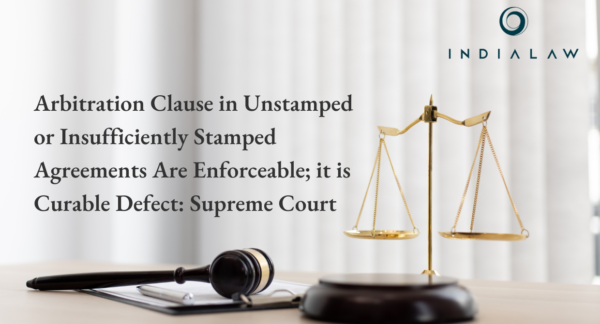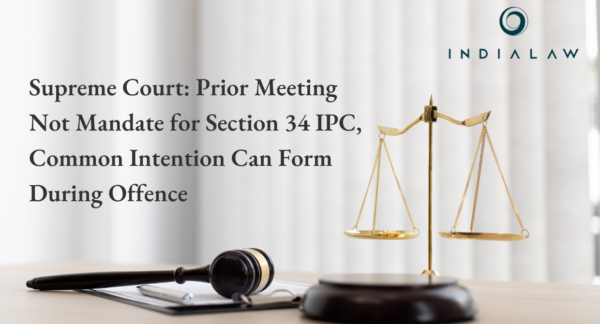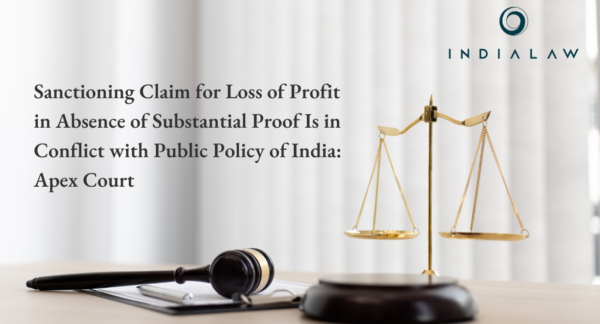Court Adjudicating Upon Arbitration Award u/s 34 Holds Power to Recalculate Compensation Granted Under NHAI Act: Allahabad High Court
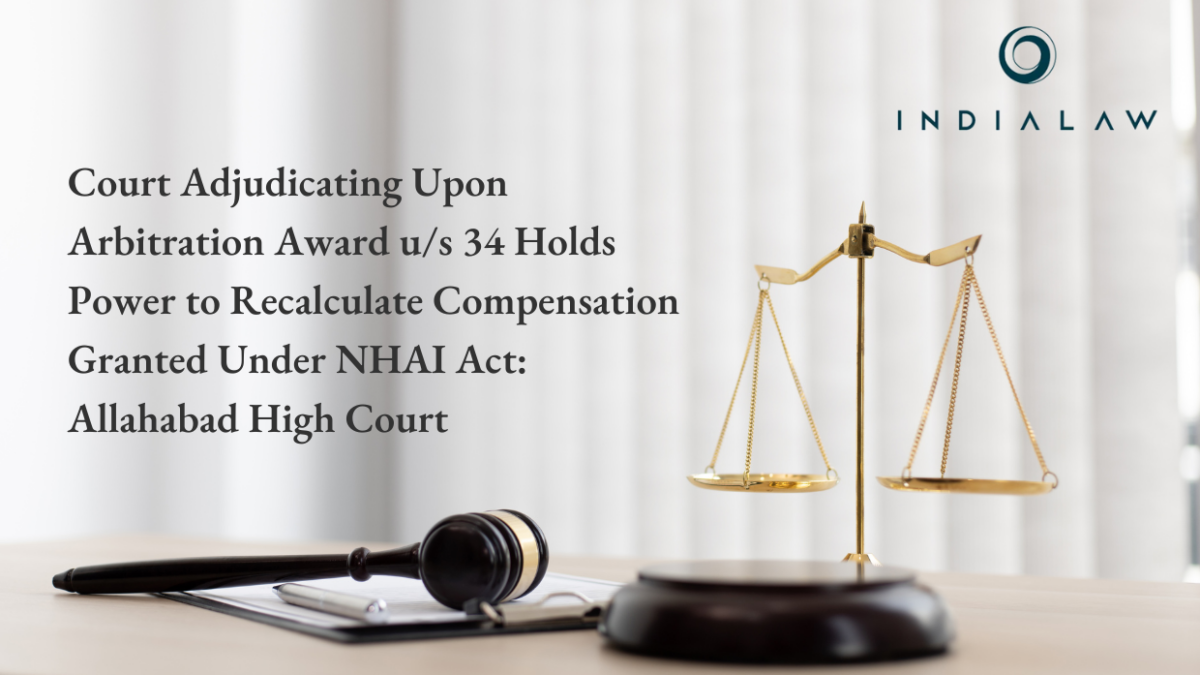
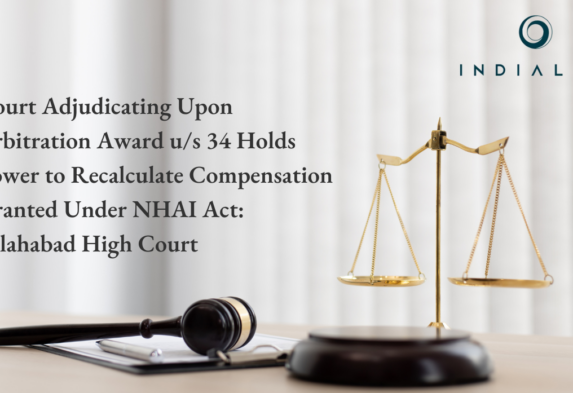
Introduction
The High Court of Allahabad (“the HC”) in the case of Chandra Kishori (“A1”) v. Union of India Thru. Chairman Of National Highway Authority of India and 2 Others; and Om Prakash (“A2”) v. Chairman, National Highway Authority of India, New Delhi and Ors[1]. while determining the Court’s adjudicating power under Section 34 of the Arbitration and Conciliation Act, 1996 (“the Act”) held that the Court has the power to set aside an arbitral award and to recalculate compensation awarded under the National Highway Authority of India Act, 1956 (“NHAI Act”) if the manner of calculating compensation by the Arbitrator/s is patently illegal and the arbitration award is not in consonance with the public policy.
Brief Facts
The lands of A1 and A2 (collectively referred to as the “Appellants”) were acquired u/s 3-A & 3-D of the NHAI Act. Pursuant to this, as per the applicable law, orders awarding compensation of Rs. 6,98,923 and Rs. 6,18,051/- to A1 and A2, respectively, were passed.
Aggrieved by the aforesaid orders, seeking enhancement in the compensation awarded, the Appellants invoked and referred the dispute for arbitration. The Arbitrator adjudicated upon the dispute and passed an award rejecting the plea to enhance compensation.
Discontent with the award passed by the Arbitrator, the Appellants challenged the award by filing petitions under S.34 of the Act before the District Judge, which was yet again rejected.
Aggrieved and dissatisfied with the award and the order rejecting the petitions, the Appellants approached the HC under S.37 of the Act.
Contentions of the parties
The counsel for the Appellants crystalized his contentions in two limbs-i) the competent authority under the NHAI Act, while calculating and awarding compensation, had erred in construing the land as agricultural in nature; despite it being converted to non-agricultural land under the relevant state legislature. In view of this, the competent authority therefore further erred in taking into account and calculating rate of compensation as applicable to the agricultural land; ii) Additionally, the District Judge failed to exercise his jurisdiction on the ground that such an issue of re-valuation is outside of his purview of adjudication.
The counsel for NHAI while contending apropos the relevancy of nature of land as per revenue record on the date of acquisition, stated that mere change in land use from agricultural to non-agricultural will not confer any benefit to the Appellants. It was also submitted that the Appellant could not prove that non-agricultural activities were being undertaken on the land.
Observations of the High Court
The HC, to expound the expression ‘patent illegality’ and to consider an award against ‘the public policy of India’, placed reliance on the decision of the Hon’ble Supreme Court in Batliboi Environmental Engineers Limited Vs. HPCL and another[i]. In the instant case, the Supreme Court held that “where the land is acquired by the State, which is in the nature of compulsory acquisition, in exercise of its powers of eminent domain and the compensation which is payable as per the guiding factors enumerated in Section 3-G (7) of the NHAI Act, 1956 read with Section 26 of the Right to Fair Compensation and Transparency in Land Acquisition, Rehabilitation and Resettlement Act, 2013, apparently is an issue, which is absolutely core of the controversy, which requires consideration.”
Considering the ratio laid down in Batliboi Environmental Engineers Ltd. (supra), the HC observed that as the award passed by the Arbitrator falls squarely within the bracket of “against Public Policy of India” and thus is in violation of the said provisions. In view of the same, it is a sufficient ground to invoke the jurisdiction of the Court under Section 34 of the Act. The HC further observed that if the land of a person, over which he has a right under Article 300-A of the Constitution of India, is taken away by the state through mandatory acquisition and that the necessary provisions for grant of compensation is not adhered then it would definitely attract justifiable grounds to attract scrutiny under provisions u/s 34 of the Act.
Decision of the High Court
The HC held that the Addl. District Magistrate erred in holding that an issue of re-calculation of compensation falls outside of its ambit. It was further held that when there is an error apparent and that the Additional District Judge did not apply the settled legal principles defining the realm of jurisdiction, the Court may adjudicate and re-evaluate on the issue of compensation.
The HC further shed some light on the duty of the arbitrator who was bound to have noticed the provisions and the manner in which the compensation is to be calculated so that the Appellants could be adequately compensated.
In view of the aforesaid circumstances, the matter was remanded back to the Arbitrator to redetermine the compensation considering the evidence produced before them and directed to consider the provisions u/s 3-G (7) of the NHAI Act read with Section 26 and 28 of the Right to Fair Compensation and Transparency in Land Acquisition, Rehabilitation and Resettlement Act, 2013.
[1] 2023:AHC-LKO:69836
[i] 2023INSC850

